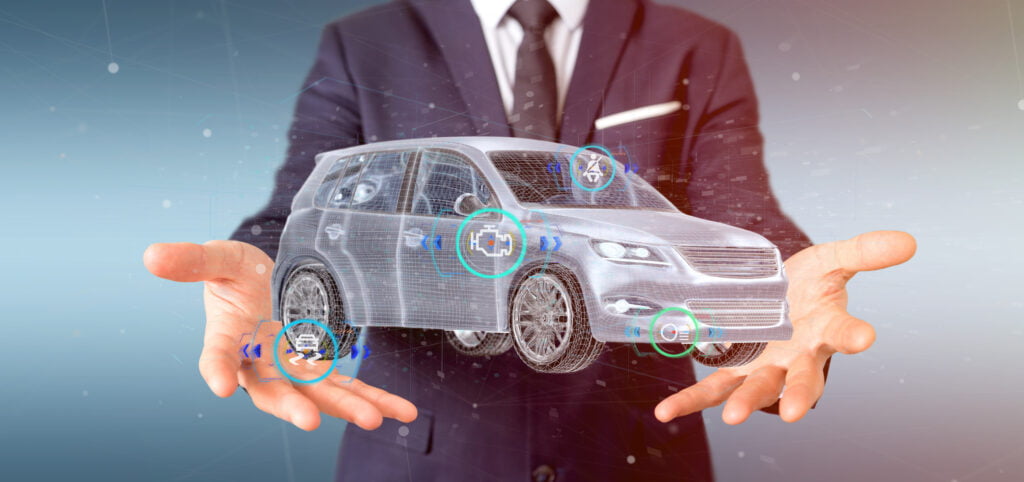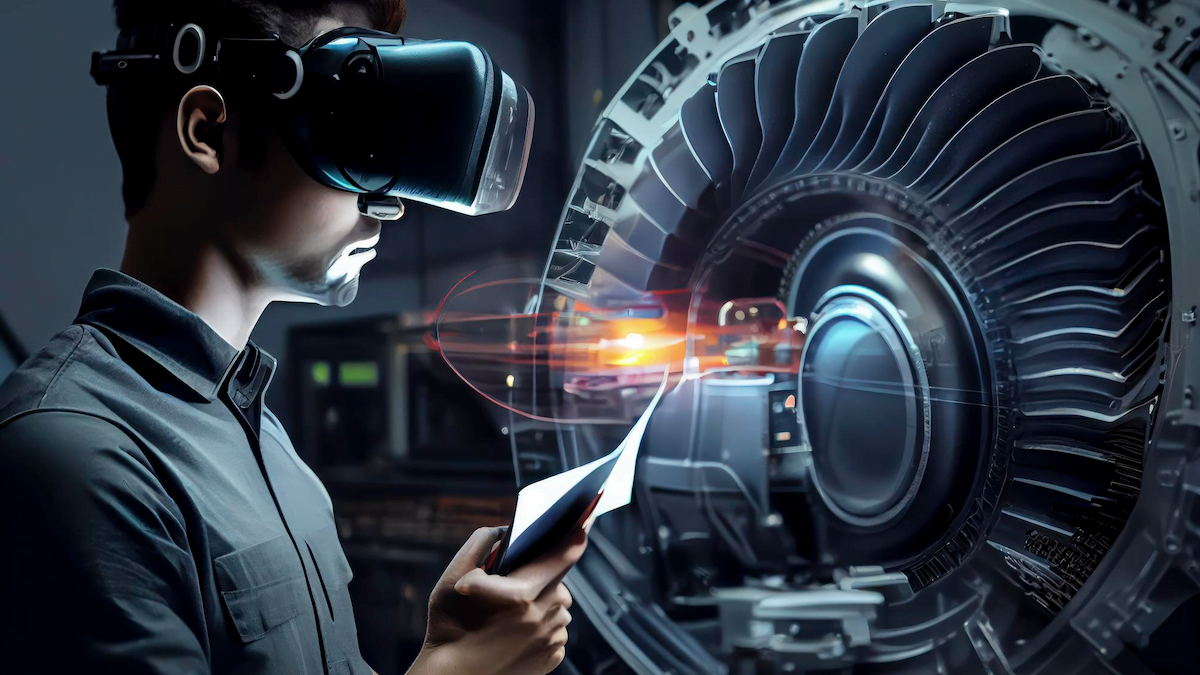The industrial metaverse is on a steep growth trajectory, with sales hitting US$ 61.8 billion in 2022 and forecasted to soar at a compound annual growth rate (CAGR) of 25.3% from 2023 to 2033. Integrating this technology into industries such as car manufacturing is powering a new wave of innovation, with analysts predicting the Industrial Metaverse Market will expand from US$ 80.1 billion in 2023 to a staggering US$ 765.8 billion by 2033.
Transforming Industrial Processes
The industrial metaverse can accelerate how businesses design, simulate, and test products. By utilizing virtual prototyping, automotive manufacturers can now iterate designs rapidly, leading to faster product development cycles and greater efficiency. This technology reduces the need for physical prototypes and makes processes more efficient, ultimately cutting costs.
The surge in digital twin technology and the integration of advanced digital platforms featuring virtual reality (VR), augmented reality (AR), and mixed reality (MR) further propel the adoption of the industrial metaverse. These technologies offer a more sustainable mode of operation by transferring activities traditionally done in the physical realm into entirely virtual environments. This shift transforms industrial processes, driving organizations towards more innovative and sustainable practices.
Redefining the Future of Work
According to the report, the industrial metaverse’s transformative power goes beyond technology; it also redefines the future of work. The metaverse enables collaboration between stakeholders worldwide, independent of geographic constraints. Through real-time interaction and virtual communication, teams can create, test, and improve product designs. This eliminates the need for physical meetings and allows for a more efficient and productive workflow.
The global market’s growing acceptance of the industrial metaverse shows its potential to revolutionize industries. Its integration into various sectors has become essential in enabling organizations to adapt to the changing work landscape. As businesses strive to remain competitive, using the industrial metaverse will become necessary rather than optional.

Car Innovation
In the automotive industry, the industrial metaverse streamlines how vehicles are designed. This digital tool allows manufacturers to build and adjust virtual models of cars before they ever hit the production line. It’s a shift that speeds up the design process, cuts down on the need for constructing multiple physical models, and makes the whole car design cycle more efficient.
Beyond just designing, the metaverse is invaluable for testing the performance of car parts. Engineers can now run simulations on everything from engines to the framework, all in a digital space. This method saves time and money and promises better quality and more reliable vehicle parts.
The impact of the metaverse extends to the very heart of car manufacturing—the assembly line. Here, it’s being used to fine-tune operations, making the building of cars smoother and more efficient.
In conclusion, the industrial metaverse market is poised to revolutionize industries, with its rapid growth and transformative potential. Its integration into sectors like car manufacturing is ushering in a new era of innovation and efficiency. As it reshapes industrial processes, redefines the future of work, and streamlines car design and testing, the industrial metaverse is becoming an essential tool for organizations seeking to stay competitive in a changing landscape.
Credit: Source link































